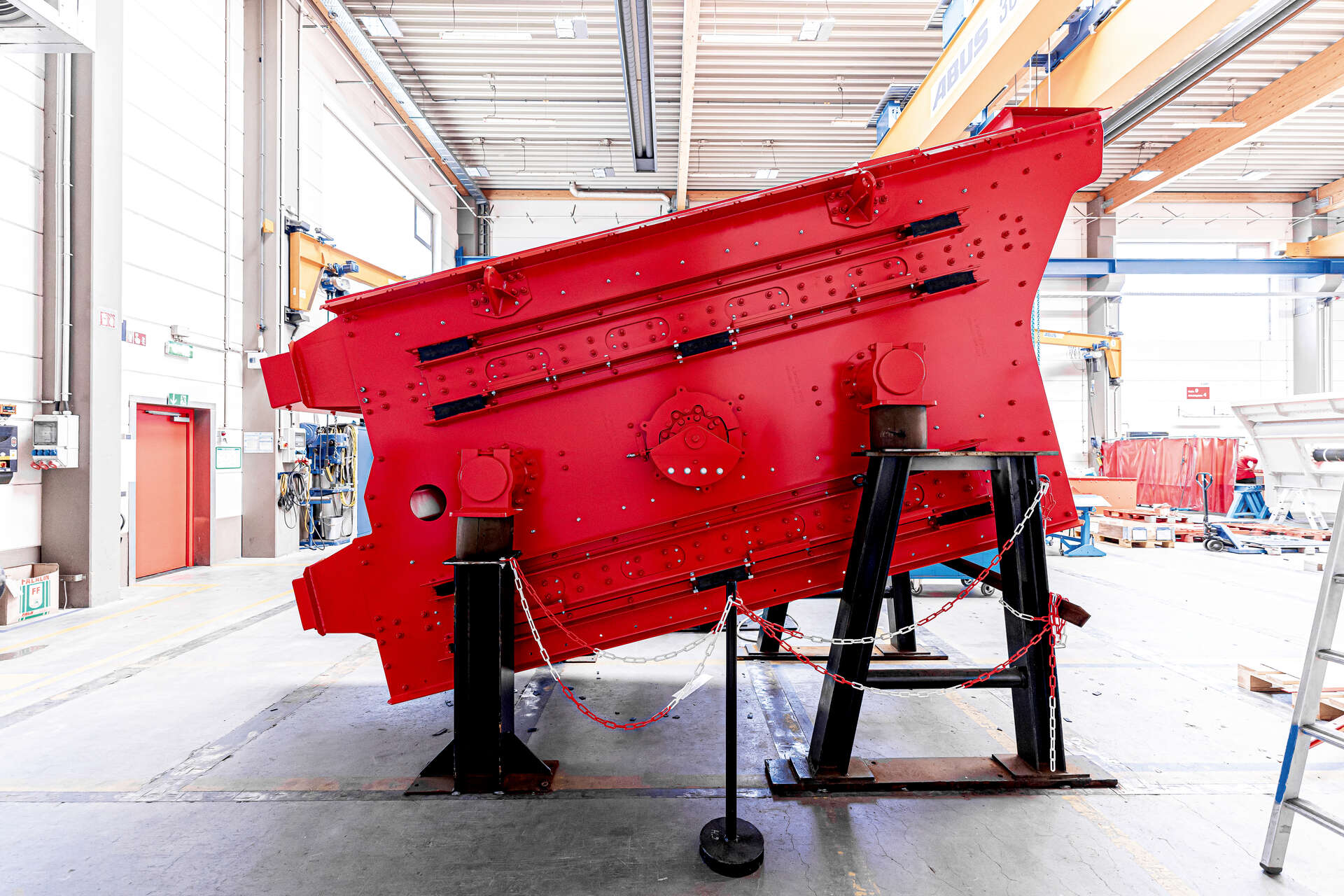RECYCLING
BPS/JOEST ASR processing plants for the USA
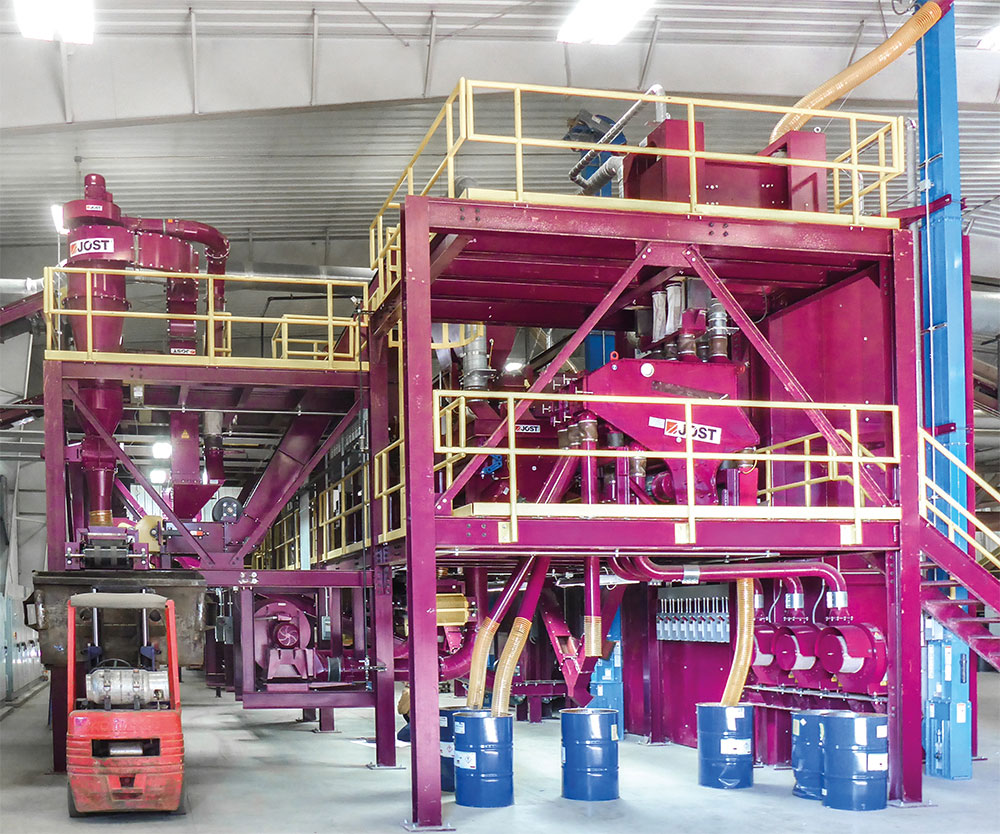
BPS – Best Process Solutions, Inc. and their German partner JOEST are supplying a complete processing system in the USA for the recovery of fine metal with a grain size smaller than 12 mm.
JOEST is supplying the screening and separation technology for this processing system, patented by BPS.
JOEST covers the long-part separators, flip-flow screens, air separators and three-way separation tables. The purpose of the system is to recover fine metals and separate light from heavy metals. The feed material consists of the fine fractions of crushed cars without the magnetic portion. These are called “ASR fines” in the USA and “shredder heavy fraction/shredder light faction” in Europe. First of all, long copper cables are separated from this material using the long-part separator. Subsequently the 0–12 mm fraction is screened at approx. 4 mm in the JOEST Flip-Flow Screen TOPCILLA. Each fraction (0–4 and 4–12 mm) goes to one of the four K-Sifters with separation tables.
The K-Sifter is installed above the aspiration hood of the JOEST separation table for pre-separation of very light products. The feed material is fed to the K-Sifter via a resonance conveyor or dosing feeder. The resonance conveyor is used to distribute the product over the entire width of the sifter, and also prevents additional air from flowing into the sifter thanks to its rubber curtains. The product mixture thus reaches the sifter zone and is separated into light and heavy material through a cross-flow and counter-flow screening process. The ultra-light material is then suctioned off by an aspiration nozzle. The heavy material enters the JOEST separating table and is again separated into light and heavy material, before the remaining organic this heavy-material fraction is fed from the separating table into a RecoverMax, a machine patented by BPS, that is that is capable of separating minerals.
BPS has developed and tested the patented RecoverMax-machine and the patented RecoverMax-system for the last 4 years. JOEST has added successfully many years of experience in the field of processing technology for ASR recycling. Together, BPS and JOEST have managed to achieve market leadership in the USA. JOEST is licensee for the RecoverMax-machine and the RecoverMax-system for Europe, China, South Korea, Japan, Australia and South Africa.
After the RecoverMax, the metal fraction is further processed. For this purpose, a drum magnet is used to separate any residual magnetic components. The remaining fraction is then classified into three sizes in another screening machine. The three individual sizes are then fed to the threeway separating tables. In each individual three-way separating table, either the remaining organic constituents are removed again or the heavy metals are separated off. The metal fractions larger than 4 mm can optionally be prepared in an optical sorter. The aluminum parts and copper cables are then separated using a color-based sorting process. When compared to standard separation tables with only one chamber, three-way separation tables offer some special features: In each of the three chambers, one material size can be processed parallel to the others. In addition, the air speeds and corresponding air flushing valves can be configured separately and individually for each chamber. Furthermore, all three chambers are vibrated by a single drive. Due to the development of the RecoverMax, the entire system has very low energy equirements compared to systems based on other shredding technologies, such as hammer mills. In addition, the operating and investment costs are significantly lower and the final product quality significantly higher.
One of the three ASR processing plants has already been put into operation successfully in America. The second system will be delivered later this month and a third ASR system has been commissioned. Thanks to its many years of experience in the field of processing technology for ASR recycling, JOEST and BPS have managed to achieve market leadership in the USA.
Three-Way Separating Table Type LUS:
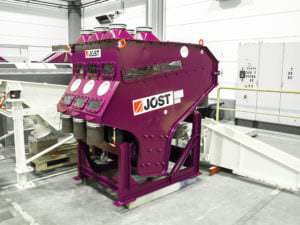
Long Piece Separator and Flip-Flow Screen TOPCILLA:
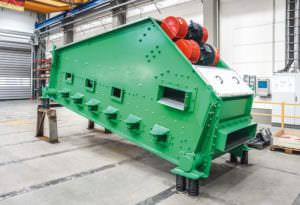
ASR material: Feed product, final products (metal mix), final products (copper):
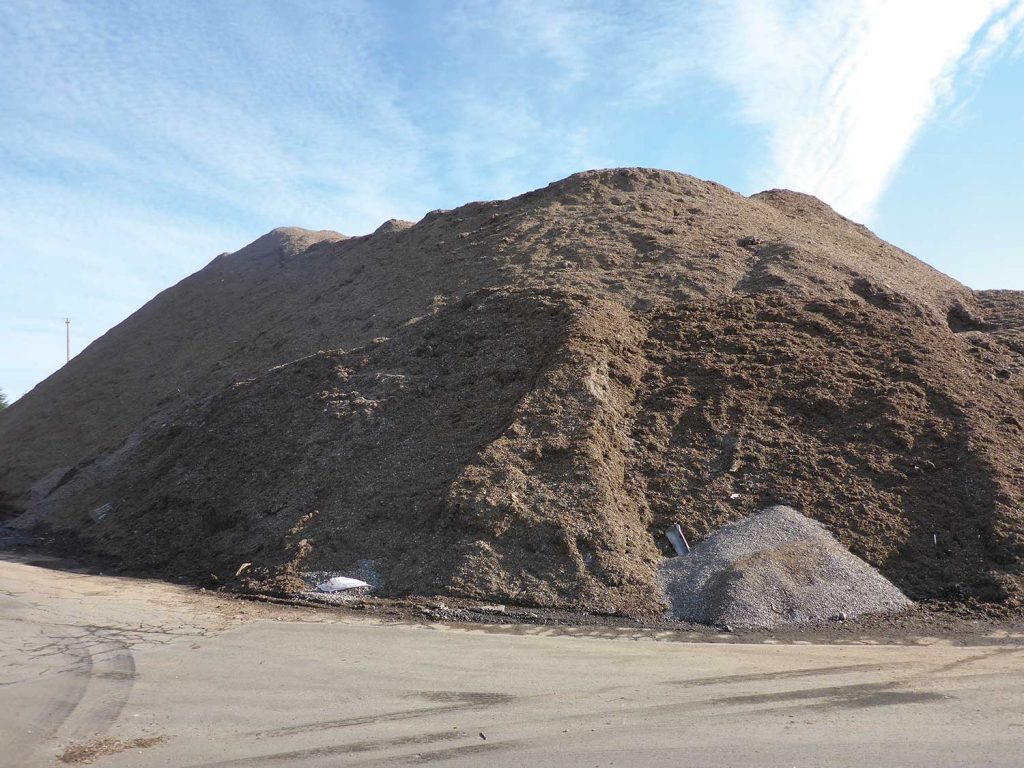
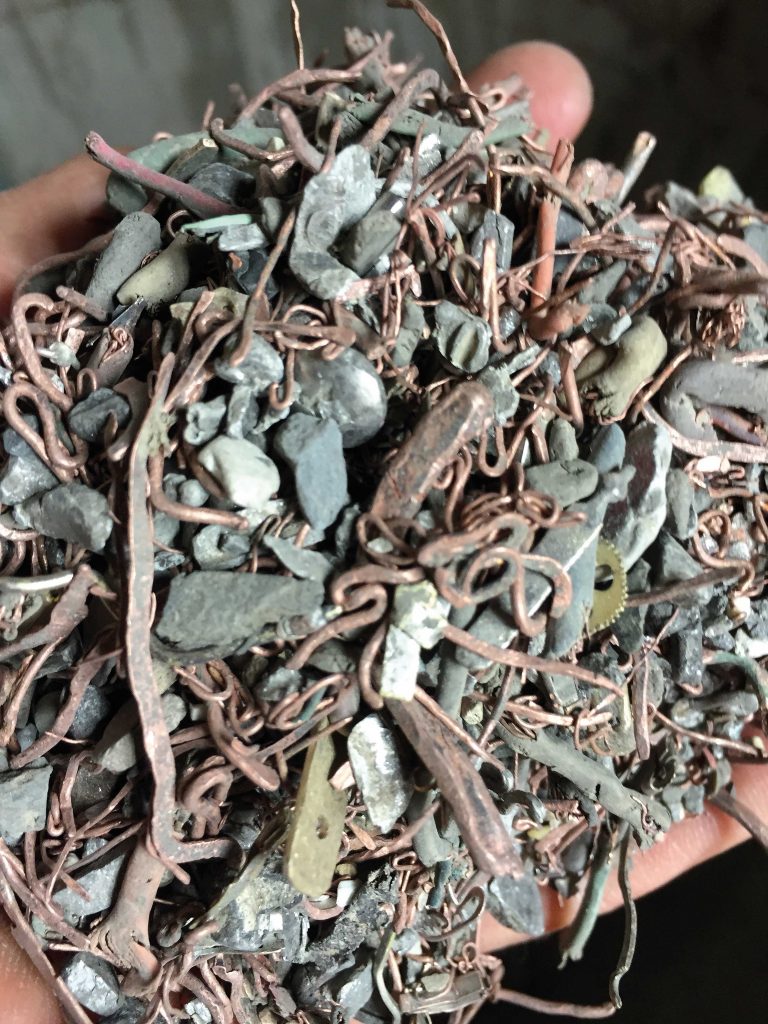
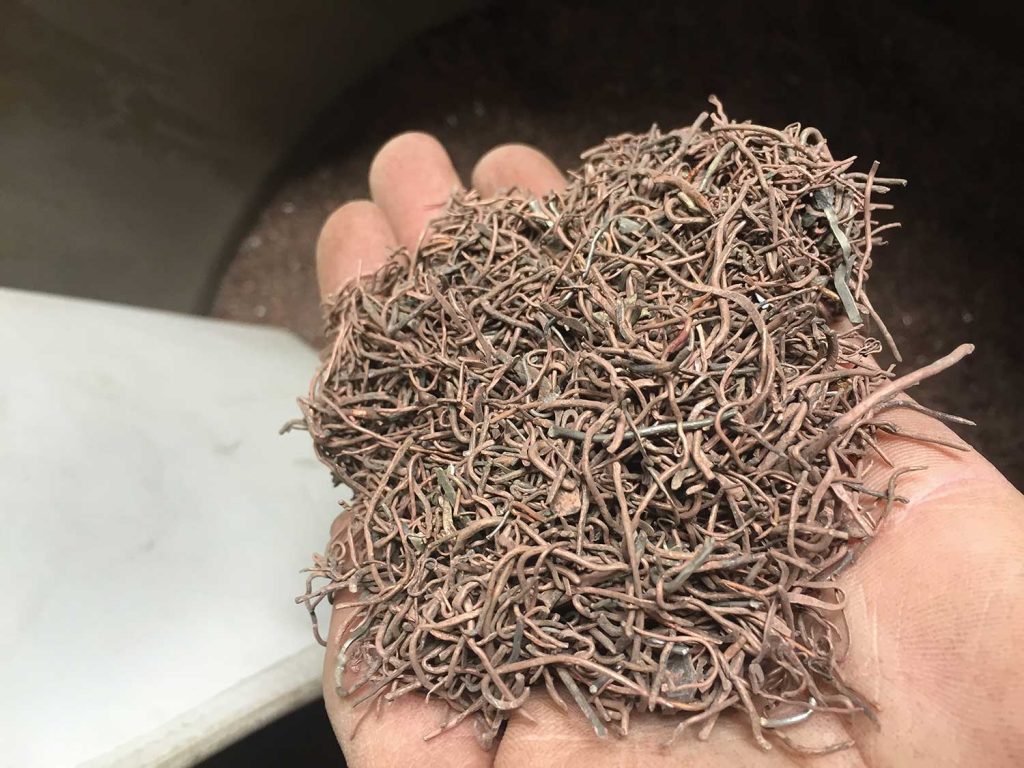
Weitere Beiträge
As part of the JOEST group, MOGENSEN has been a trusted provider of high-performance screening and sorting technologies for many years. The new website now showcases this expertise more clearly and with a modern touch.
On International Women’s Day, we celebrated the great women in our company who have made a significant contribution every day with their commitment, expertise and passion. Their efforts have been a driving force behind our success and an inspiration to us all.
JOEST South Africa was commissioned to manufacture and supply replacement vibrating feeders for a critical power generation facility. The new units are designed to replace equipment that had been in operation for over 20 years, ensuring the continued reliability and efficiency of the plant.
MOGENSEN joins China’s food security project as an official supplier, supporting the nation’s plans to strengthen domestic grain production capabilities. The appointment by COFCO, China’s largest state-owned agricultural company, includes the deployment of multiple precision screening systems for processing rice, wheat and soybeans, among other grains. This long-term initiative is in line with China’s new food security law, which went into effect on June 1, 2024.





